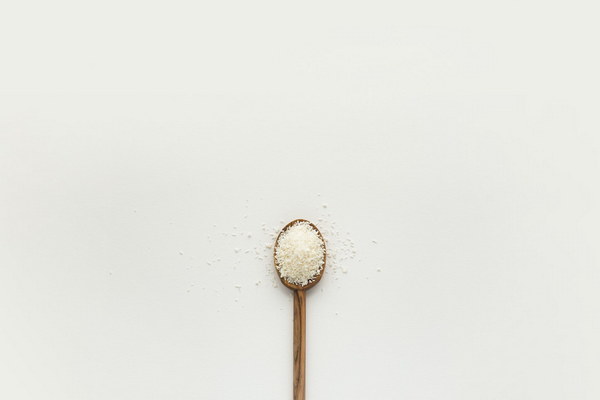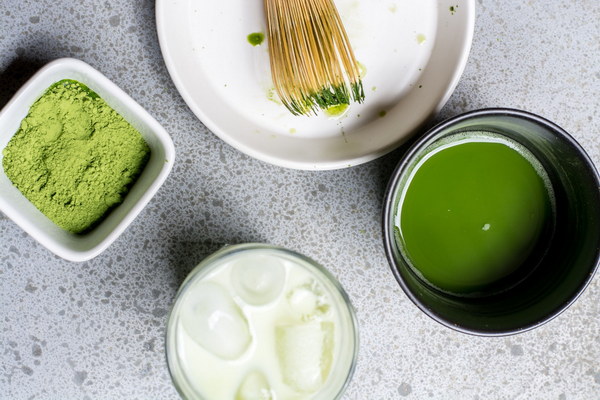How to Nourish and Protect Your Liver A Comprehensive Guide to Liver Health
Maintaining a healthy liver is crucial for overall well-being, as it plays a vital role in detoxifying the body and processing nutrients. Here's a comprehensive guide on how to nourish and protect your liver for optimal health.
Introduction
The liver is an essential organ that performs over 500 functions, including filtering blood, storing energy, and producing proteins. However, with the fast-paced lifestyle and poor dietary choices, our liver often bears the brunt of our unhealthy habits. To keep your liver in tip-top condition, follow these expert-recommended tips on how to nourish and protect your liver.
1. Eat a Balanced Diet
A balanced diet is key to liver health. Here are some dietary guidelines to consider:
- Increase Your Intake of Fruits and Vegetables: These are rich in essential vitamins, minerals, and antioxidants that support liver function. Aim for at least five portions of fruits and vegetables per day.
- Choose Lean Proteins: Incorporate lean proteins such as fish, chicken, turkey, and tofu into your meals. These are essential for liver repair and regeneration.
- Reduce Processed Foods: Processed foods often contain harmful additives and preservatives that can strain the liver. Try to minimize your intake of these foods.
- Limit Alcohol Consumption: Alcohol is a major cause of liver damage. Limit your alcohol intake to moderate amounts, or better yet, avoid it altogether.
- Stay Hydrated: Drinking plenty of water helps the liver flush out toxins and aids in digestion.
2. Exercise Regularly
Physical activity is beneficial for liver health by improving overall metabolic function and aiding in weight management. Aim for at least 150 minutes of moderate aerobic exercise per week, such as brisk walking, swimming, or cycling.
3. Avoid Over-the-Counter Medications
Many over-the-counter medications can cause liver damage if used excessively. Always read the label and consult a healthcare professional if you're unsure about the dosage or potential side effects.
4. Manage Your Weight
Excess weight can lead to fatty liver disease, a condition where fat accumulates in the liver. Maintaining a healthy weight through diet and exercise can prevent this condition.
5. Get Adequate Sleep
Adequate sleep is essential for liver repair and regeneration. Aim for 7-9 hours of quality sleep per night.
6. Avoid Environmental Toxins
Exposure to certain environmental toxins can harm your liver. Take steps to minimize your exposure to:
- Air Pollutants: Use air purifiers and avoid smoking or secondhand smoke.
- Chemicals: Use natural cleaning products and avoid prolonged exposure to harmful chemicals.
- Toxins in Food: Choose organic produce when possible and avoid consuming too much fish high in mercury.
7. Manage Stress
Chronic stress can lead to inflammation and impair liver function. Practice stress-reducing techniques such as meditation, yoga, or deep breathing exercises.
8. Regular Check-ups

Regular medical check-ups can help detect liver problems early. Your doctor may recommend specific tests, such as blood tests or an ultrasound, to monitor your liver health.
Conclusion
Nourishing and protecting your liver is essential for maintaining overall health. By adopting a balanced diet, exercising regularly, managing your weight, avoiding toxins, and managing stress, you can help keep your liver in good shape. Remember to consult with a healthcare professional for personalized advice and to monitor your liver health regularly.
Remember, a healthy liver is a happy liver, and taking care of it can lead to a healthier, happier you.









